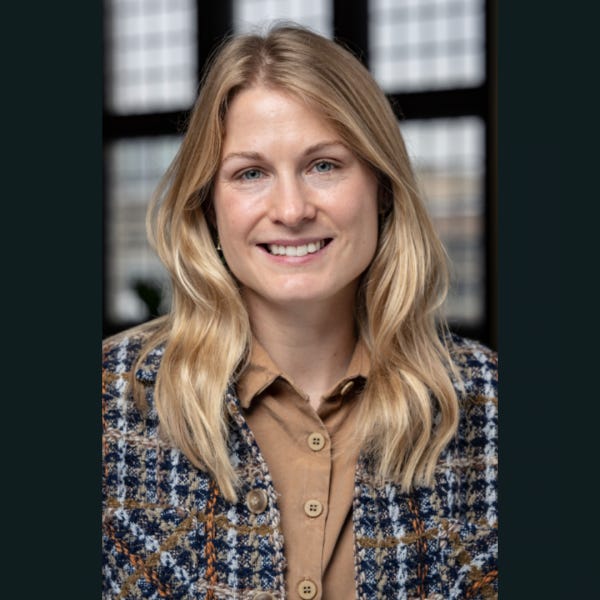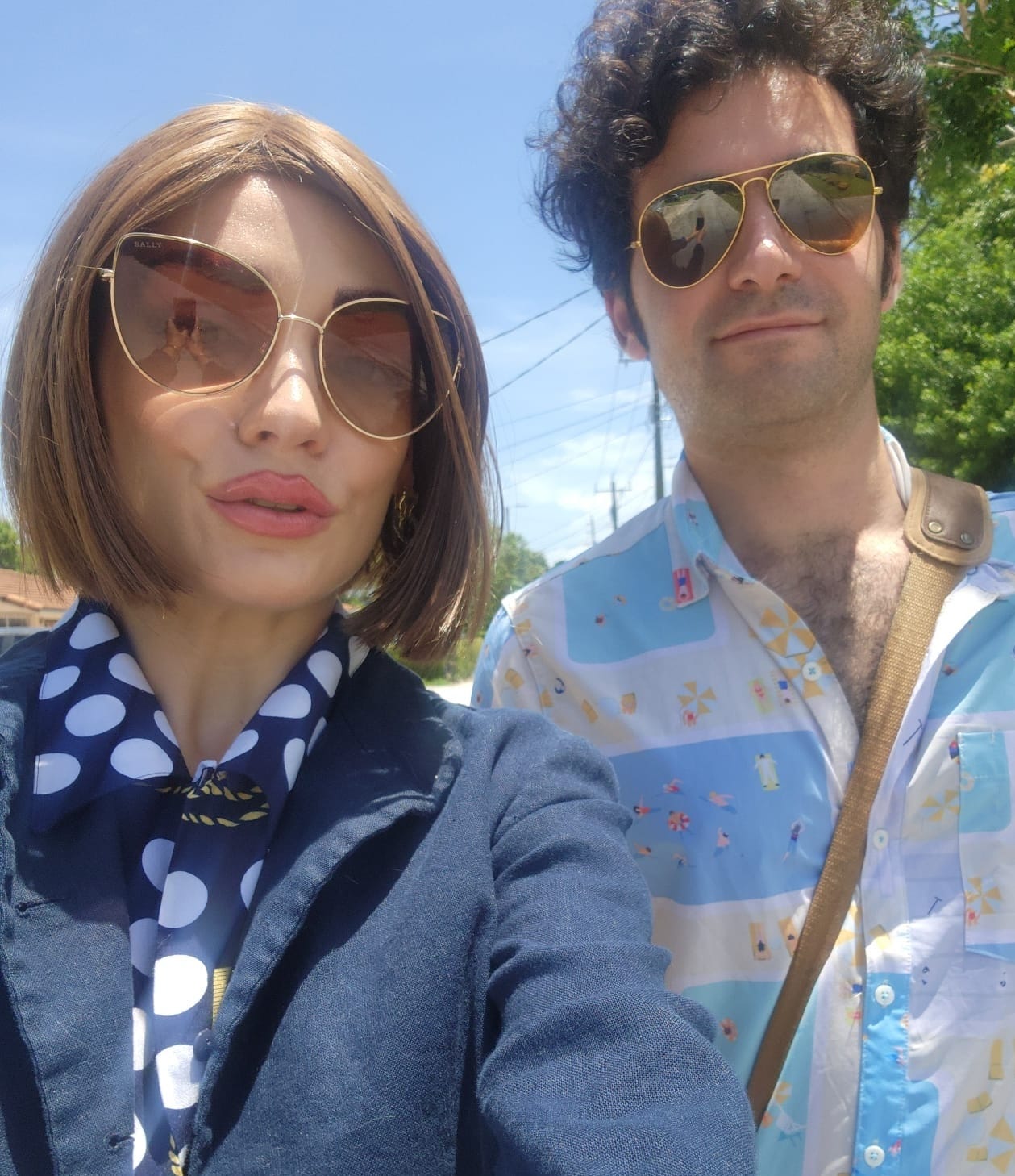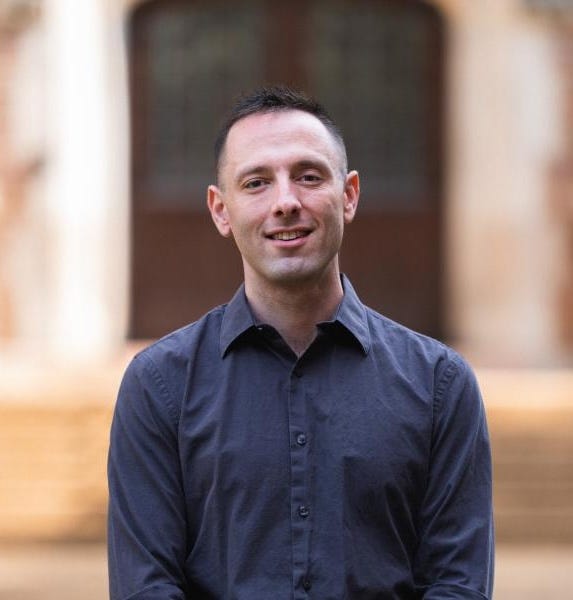The Philosophy of Memory Organization: An update
James Openshaw (Nanyang Technological University)
Readers of this blog will likely be familiar with the Philosophy of Memory Organization (PhOMO). Its activities have been the subject of several Memory Palace posts already. Reflecting on the fourth iteration of PhOMO’s flagship conference, Marta Caravà wrote, “IPM 4 stands in my mind as the meeting of a big, friendly, supportive community that is intellectually and geographically diverse”.
Marta’s gist memory nicely captures the spirit of PhOMO. It’s a network that aims to connect philosophers of memory worldwide and to encourage our intellectual community to flourish. It does this by organising international events, running a mailing list, disseminating teaching resources, and looking to support early career researchers in the area.
Having become interested in memory a year or so into my postdoc career, I feel very lucky to have stumbled across such a welcoming, vibrant, and energetic cluster of philosophers. Not every area of philosophy has this asset. One of PhOMO’s aims, I think, is to preserve and cultivate the sense of genuine community that distinguishes the philosophy of memory.
The purpose of this post is to provide an update on where PhOMO is heading as an organisation. But before we get there, a few words about its past are in order.
A brief history of PhOMO
PhOMO was formed in July 2017 at a restaurant table in Cologne, where the inaugural Issues in Philosophy of Memory (IPM 1) meeting took place. As Kirk Michaelian recently reflected, the primary aim of establishing such an organisation was simply to ensure that further iterations of the IPM conference would take place.
By this metric, PhOMO has been a success. IPMs have since been hosted by the Centre for Philosophy of Memory (Université Grenoble Alpes) at IPM 2 in 2019, Duke University at IPM 3 in 2022, and most recently the University of Geneva at IPM 4 in 2024.
Anyone who has attended an IPM conference knows that these are a special occasion in our community, and the jewel in PhOMO’s crown. This is, however, entirely thanks to the spirited and generous efforts of the organisers of these events.
The most recent, IPM 4, was a four-day celebration of the philosophy of memory, featuring 9 keynote talks, 44 contributed presentations, and a book symposium. Researchers from 18 different countries from across 5 continents took part. The organisers—André Sant'Anna (who has contributed greatly to PhOMO over the last several years), Fabrice Teroni, and Andrea Rivadulla Duró—did an amazing job.
Throughout this period, PhOMO consisted of a volunteer Steering Committee and had virtually no formal structure or organisational procedures in place. In order to strengthen the organisation and its ambitions, it was agreed by a general vote at IPM 4 that several new positions would be created (alongside the existing Steering Committee board members) and filled by a general election.
By September 2024, Becko Copenhaver was elected as Treasurer, Rob Davies as Secretary, Shin Sakuragi as Communications Director, and myself as Chair. Along with several other members, we have been looking at ways to both grow and professionalise PhOMO. Some of these are TBC but I’m very happy to share a few updates.
APA status and inaugural group session
In April, there will be a new first for PhOMO. The organisation will be running its inaugural affiliated group session at a meeting of the American Philosophical Association (APA). Established in 1900 and with over 9000 members, the APA has organised the biggest events in the philosopher’s calendar for many years.
It’s a sign of PhOMO’s maturity and global reach that we’re now recognised as an APA-affiliated group, and we plan to organise these sessions at APA meetings semi-regularly in the future. The 2025 Pacific Division Meeting will be held in San Francisco. The line-up of speakers at PhOMO’s session showcases the fantastic work of early career researchers. The session will be chaired by Sara Aronowitz (Toronto), and the confirmed speakers are:
Megan Entwistle (Washington University in St. Louis, USA)
Seth Goldwasser & Alison Springle (University of Miami, USA)
Michael Barkasi (Washington University in St. Louis, USA)
Megan Entwistle’s talk, ‘Perspectival forgetting’, begins with the familiar fact that changing over time — in what we enjoy doing, or find worth getting angry about — can affect how we inhabit our memories of past experiences. For example, you may be unable to recall an episode of feeling hopeful after your expectations have been dashed, even if you can still call to mind all the facts about that episode.
Entwistle will argue that, in such cases, what’s going on is you’re unable to imaginatively access your past emotional or evaluative perspective. She defends the thought that this constitutes a distinctive form of forgetting, which we can explain in terms of barriers to successful empathy with one’s past self.
Seth Goldwasser & Alison Springle’s talk is titled 'Episodic memory, perception, and nonconceptual content'. It’s natural to explain the experiential character of episodic memories via inheritance of content from perceptual experience. But while there are strong reasons to think the latter’s content is nonconceptual, the rational role of the former seems to require conceptual content.
One might try to resolve the tension by suggesting that subpersonal memory processes operating on nonconceptual content furnish its conceptual transformation. Goldwasser & Springle will argue, however, that this strategy ultimately fails to explain the epistemic and rational role of episodic memory.
Finally, Michael Barkasi asks, ‘Are memories representations?’. A historically dominant view has been that, in remembering, subjects experience a memory image. Events in the personal past are objects of memory experience indirectly, insofar as they are represented by this immediate object. Barkasi’s talk will review the challenges for this view and argue for a particular version of an alternative on which memory experiences are themselves representational (thereby, in good cases, providing immediate awareness of past events), not the experience of something representational.
PhOMO’s APA session will take place on Friday April 18th at 7–9pm. I strongly encourage anyone who will be attending this year’s Pacific APA to go along.
The future of PhOMO
PhOMO hopes to ensure many more IPMs and APA sessions. IPM 5 is expected to take place at Purdue University in 2026. But we also plan to develop platforms at other events too. Some of you may have noticed that PhOMO is sponsoring a symposium at the first conference of the Society for Philosophy and Neuroscience (SPAN). We are hoping to establish links in Australasia and other areas worldwide. You may see PhOMO in a city near you soon!
In the meantime, we’re not only looking for ways to continue extending the reach of PhOMO’s events, but also its resources for early career researchers.
So far, PhOMO has organised 2 online conferences for early career researchers (IPM 2.5 and IPM 3.5). The next one, IPM 4.5, is on the way. Organised by Doudja Boumaza, Jonathan Najenson, and I-Jan Wang, it is scheduled to take place on 22–23 May 2025. The deadline for abstracts is March 1st 2025, so don’t forget to submit.
Looking ahead, though, we hope to do much more than this to support those who are in the early stages of their academic careers. It would be wonderful to run initiatives such as essay prizes, IPM travel grants, and postgraduate summer schools. In all of this, we look to our colleagues for their continued support for the future of the philosophy of memory — and the future philosophers of memory.
You can now follow PhOMO on Bluesky. And, if you are not signed up to our mailing list, you can stay updated on events, calls, and activities in the philosophy of memory here.
Bio: James Openshaw is an assistant professor at Nanyang Technological University, Singapore. He is chair of PhOMO and an affiliated member of the Centre for Philosophy of Memory.







Do you want to remember better, let me explain a few things in my podcast here:
https://open.substack.com/pub/soberchristiangentlemanpodcast/p/s2-ep-51-memory-what-is-it-and-how?utm_source=share&utm_medium=android&r=31s3eo